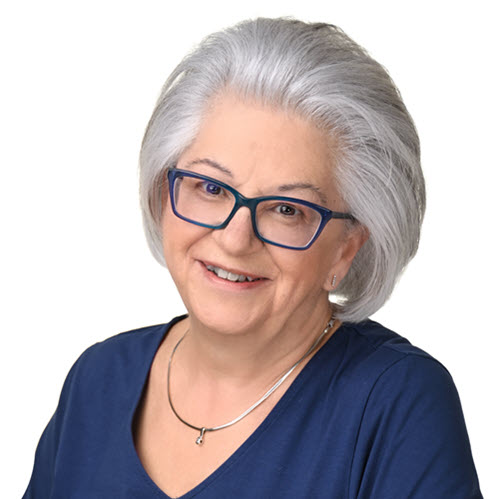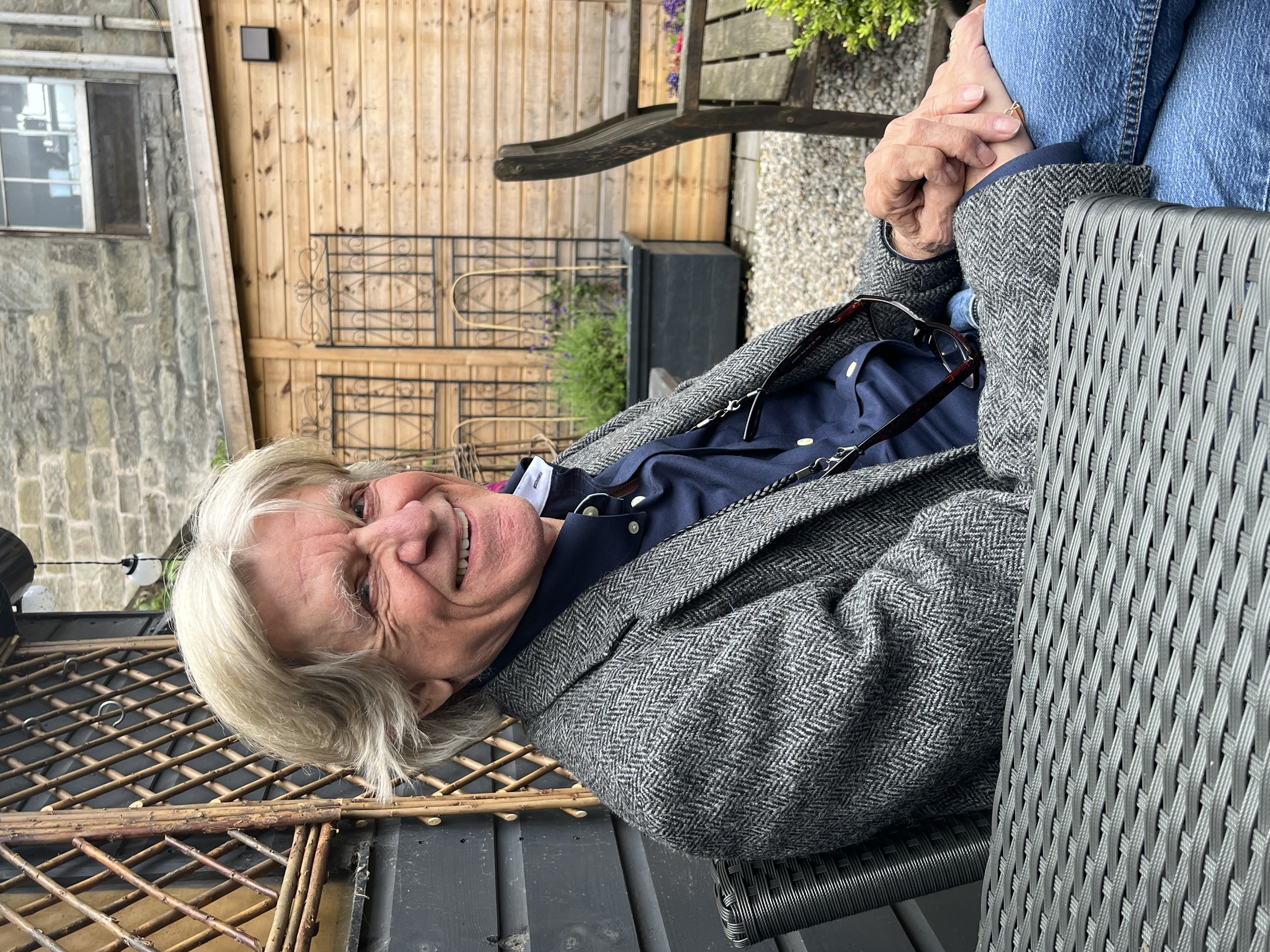Posted July 23, 2024
Discussion group on the virtues inherent in robust critical thinking
Posted by: Michelle Causton | Posted for: the Community
{"ops":[{"insert":"At some point we delved into ethics and its relation to critical thinking. From the discussion I learned this:\n\"The proper role of ethical reasoning is to highlight acts of two kinds: those that enhance the well-being of others—which warrant praise—and those that harm or diminish the well-being of others—and thus warrant criticism.\" \nI can not disagree with that. But I want to suggest that a true ethical dilemma is where there are two (or more) alternatives both of which will enhance the well being of others but you cannot do both. If neither is \"wrong\" how do you decide?\nFor example: A politician has to decide whether to increase spending on infrastructure which will enhance the life of many people - better, safer roads; facilitation of transportation. Of course if they do that there will be less money for education. Which weighs more? Both will enhance the well being of others. How do you decide which is more important. \nOr a simple example: Saving for a child's education is a selfless act which will enhance the child's well being in the future. If financial disaster befalls the family is it \"wrong\" to access the savings to keep a roof over your head?\nThese are the types of ethical questions I like to explore. \nIn these cases we can judge someone else's decision but it is more useful to think about how we would have made the decision. \nThanks to everyone for making me think deeply!\n\n"}]}


